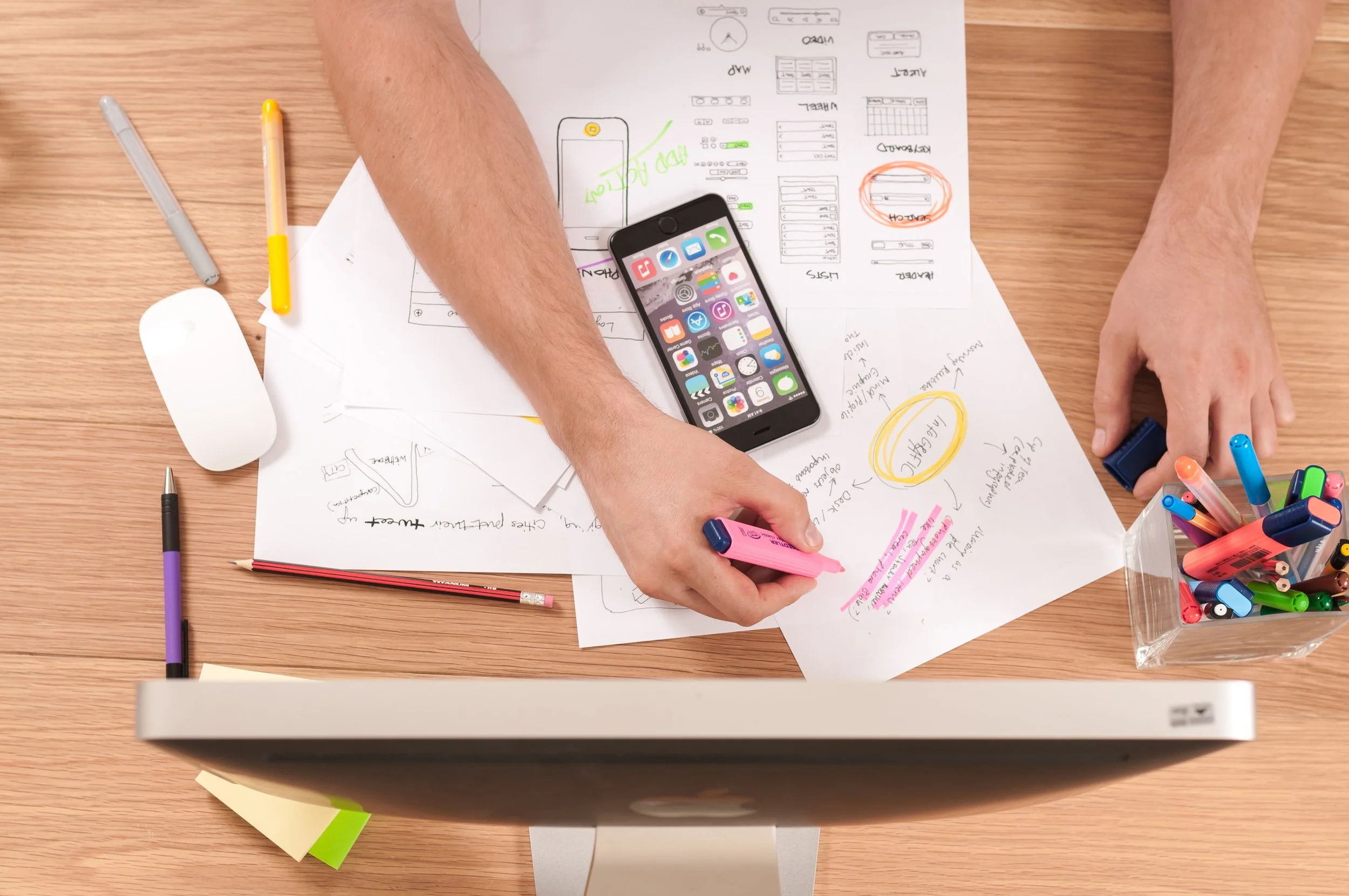Why Multitasking Does Not Work
/What Is Multitasking?
Multitasking is the process of doing multiple things or tasks at the same time. Multitasking can be made of tasks that require only mental work, physical work, or a combination of the both. An example of multitasking is driving and talking on the cell phone at the same time.
Why Multitasking Does Not Work
Numerous research shows that we humans are not capable of multitasking. What seems like multitasking is actually our brain switching from one task to another. Those who think they are good at multitasking are actually good at switching from one task to another, as our brain cannot process tasks simultaneously. It is good at switching between tasks quickly, however. So the whole concept of multitasking is a human delusion, as our brain is very good at deluding itself.
Why Multitasking is Bad
Multitasking can cause stress, as much as 40 percent drop in productivity, and 10 percent drop in IQ, as a Harvard Business Review post points out. Also, multitasking while driving causes 20 to 30 percent crashes annually in America. Tasks involving multitasking can cause 50 percent more errors and take 50 percent longer to finish, research shows.
But How It Is Possible to Perform Some Tasks Simultaneously?
If multitasking is bad and our brain can’t multitask, how come we do some of these tasks together? For example, talking on the phone and watching TV, cooking several items together, reading and listening music, writing and watching TV, and so on? The answer – these are not actually multitasking; we don’t need our brain to fully concentrate and pay attention to perform these tasks. If you really want to test if you can multitask or not, try writing an article and taking notes from a lecture at the same time, or pay your bill online and instruct your kid how to play a game at the same time.
Last Word
We do not multitask, but we switch from task to task. Be more productive and efficient by concentrating on one task at a time. Do fewer things, but do it better. Make life simple and less stressful – don’t multitask.
















